Interview: Anita White offers tips on how to get women more active in sport
Evidence suggests men still dominate many areas of sport – they participate more, most administrators are men, male athletes receive more sponsorship and men’s sport gets the most media coverage. So what’s the way forward for women? Kath Hudson reports
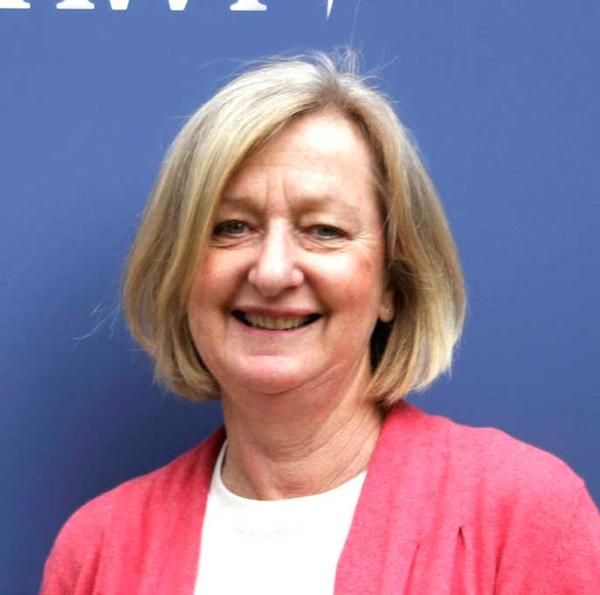
The history and tradition of sport is closely connected with masculinity,” says Anita White, a leading academic in the field of women’s sport and founder of the Anita White Foundation. “Boys learn to become men through sport and men reaffirm their manliness through it, so broadening the definition to include women has been a challenge.”
I’ve just asked White the reasons why sport continues to be dominated by men. “Sport has been invented, practised and controlled by men throughout history. Women have joined the party later and major social and cultural change has been required for women to participate fully in the sporting world.”
Illustrating this point, Pierre de Coubertin, who helped found the modern Olympics in 1894, said: “An Olympiad with females would be impractical, uninteresting, unaesthetic and improper.” Fortunately it was only a few years later – 1900 – when women did participate in the Olympic Games, but restrictions have been lifted slowly. Even now women can’t take part in the 50k race walk or some shooting, sailing, rowing and kayaking events. According to the Women’s Sports Foundation however, there should be gender equity in Olympic participation rates by the 2020 Games.
BARRIERS TO PARTICIPATION
Everyday participation also shows a gender imbalance. According to Sport England’s Active People Survey 2014-15, around 6.8 million, or 30.7 per cent of women play sport at least once a week for 30 minutes, compared with 8.6 million men – or 40.6 per cent of the male population.
However, Sport England’s Habit for Life survey found there’s a huge appetite for more sport, with 12 million women – half of whom aren’t active – saying they’d like to do more sport and physical activity.
So why aren’t women participating? Some barriers effect both men and women: cost, access to facilities, equipment and clothing. But women have additional barriers: they have more care responsibilities, they worry more about personal safety, and have more concerns about body image, not fitting in and ability levels. Added to this, there’s less visibility of sports women in the media and a lack of role models. Females do not grow up with as much encouragement to do sport as males. Research cited by the Department for Culture, Media and Sport in its October 2014 interim report of the Women and Sport Advisory Board, says that sport plays a more central role in boys’ culture and social identity than that of girls and their popularity is linked – in part –to it.
This continues into adulthood. According to research by Sportswise Sports Fan Panel, 43 per cent of men see sport as a way to spend time with friends, whereas only 31 per cent of women do and 38 per cent of men are encouraged to compete in sport, compared with 19 per cent of women.
FRESH FRAMEWORK?
So if the model, which has been created by males, is what makes women feel alienated from sport, do we need a new one? White explains there was a movement in the mid 1900s for women to create their own sporting framework, based less on competition and more on collaboration, but these initiatives largely failed.
“Girls wanted to be able to enjoy the competition and recognition that their brothers and fathers were getting,” says White. “When I played hockey for England in the 1970s, there was a mood of going for a different definition and not aiming for the big sporting events, like the Olympics and I now feel sad that I didn’t get to have those opportunities.”
Even now, despite the fantastic achievements of the likes of the Williams sisters and Jessica Ennis, women’s elite sport doesn’t get the same attention as men’s. According to the DCMS, women’s sport accounts for just 7 per cent of total sports media coverage and the value of reported sponsorship deals for women’s sport was just 0.4 per cent from the total in 2013. In the same year, the top five women’s sponsorship deals totalled £1.7m – and only three women made it to the Forbes list of 100 highest paid athletes.
It would seem that women are destined to fight for equity within a system which is weighted against them. White thinks a multi-pronged approach is needed for change: “Sport is still facing much the same issues as 30 or 40 years ago. It has to start with families and primary schools, so that positive attitudes to sport are formed early, enabling girls to see sport as a fulfilling and important part of their lives. They need to see sport as an important part of becoming a woman for a variety of reasons: it’s fun, it’s sociable and it promotes good health.”
To achieve this, it is important to keep teenage girls engaged. Girls currently tune out of sport for a number of reasons, including inactive social groups, self confidence and personal ability. A study carried out by Virgin Active in 2014, found that 39 per cent of girls were put off by the PE kit. This rose to 46 per cent among 16-year-olds, almost half of which admitted to making excuses to get out of PE.
FAMILY AFFAIR
According to Sport England, women have a strong influencing role within their families and sporty mums can be more influential than sporting heroes or big sporting events, so it seems logical for initiatives to target women and families. Ruth Holdaway, CEO of Women in Sport, says that women have more caring responsibilities than men, and frequently have more complicated lives, so offering more family activities and appropriately timed sessions to fit in with childcare, are some of the changes they would like to see. “These are just two of a complex set of changes which need to be made in order to improve participation among women,” she says. “It is important for sports to understand what motivates women and to adapt to them, not expect women to adapt to the sport.”
Some sports are already successfully adapting and offering some great initiatives. The Lawn Tennis Association’s Tennis Tuesdays were a great success this summer, providing flexible tennis sessions with no need to book or pay in advance. The sessions are sociable, but there is also some skills development for those who want to progress. Similarly, Back to Netball and Back to Hockey have been very successful, offering flexible sessions which involve some skills training, but are mainly about having fun and not tying women into team commitments.
Taking this further, Women in Sport is currently collaborating with British Cycling to find ways of progressing women to a more competitive standard once they have been hooked on an informal basis.
IN THE BOARDROOM
England Hockey is one governing body which is currently performing well at all levels: increasing participation at grassroots level, improving elite performance and getting good female representation in the boardroom. Also, with Sally Munday at the helm, it is one of the 10 governing bodies which has a female chief executive.
Sport England has set the national governing bodies of sport a target to have 25 per cent female representation on their boards by 2017. Women in Sport has been campaigning on this point, but, in light of research which shows that 30 per cent is needed to be effective, they want to see NGBs exceed Sport England’s target.
Women in Sport’s annual report, Trophy Women?, which looks at female representation in the NGBs, boardrooms shows some encouraging progression.
“On the face of it, the numbers look good, averages show that good progress has been made, we’re 3 per cent up from last year and pretty much at 30 per cent. Six years ago we were at 20 per cent, so that is good progress,” says Holdaway.
“However, looking at averages does mask some of the problems, because those sports which do really well, such as netball and equestrianism, skew the results. Twenty nine of the 46 NGBs are still not meeting the 25 per cent target and they only have 12 months to get there.”
Holdaway says it’s also disappointing to note that many of the barriers which existed in 2009 remain: timing of board meetings which clash with childcare; lack of senior women as role models and a masculine culture on boards.
“As well as addressing these barriers, we would like the NGBs to be turning their attention to the pipeline of women coming through and looking at what they’re doing to encourage talented women to aim higher,” says Holdaway. “As well as bringing in independent non-executives from outside the sector, we want them to incubate their own talent coming up through the sport, looking at the structures and making it easier for women to progress. We don’t have time to wait for a generation of women to come through, so NGBs really need to commit to change: thinking about the culture of the board, the timing of meetings and recruitment practises to create a level playing field for women.”
On the upside, Holdaway says the NGBs are generally open to change, because they have learned from the business world that diversity at board level is not just about ticking boxes, it’s good for the success of the organisation. Going forward, Women in Sport will be working with successful NGBs to share good practice through the development of a Checklist for Change.
Finally, there have been two developments aimed at women this year which reflect some fresh thinking. Sport England’s This Girl Can campaign moved away from air brushed images promoting sport, while Bury Council’s I Will if You Will campaign aims to remove practical barriers to being active, encouraging women to support each other and exercise together. Let’s hope they can provide inspiration for many more initiatives.
Tips for getting women active
• Run a public event where women can meet coaches and see activity sessions
• Run family sessions
• Link with partnership organisations to reach women from a variety of backgrounds
• Use a variety of media to promote the event
• Offer easy to access information about what sessions entail
• Get coaches to follow up afterwards
• Encourage existing participants to bring a friend
• Reassure novices that other beginners will be present
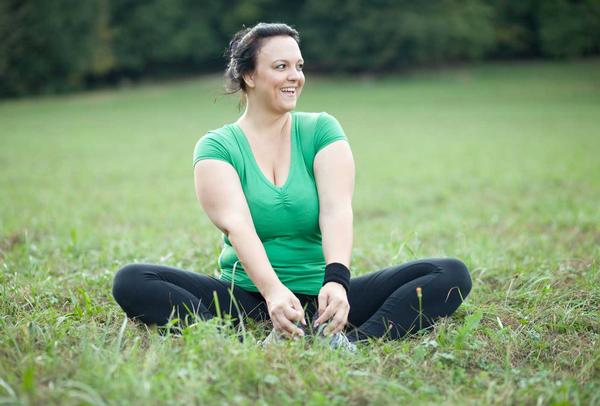
Check list for sports providers
• Is encouraging women’s participation part of your strategy?
• Does your club promote equal opportunities for women?
• Are training sessions aimed at a variety of abilities?
• Are your training sessions a mix of skills, drills and match play to attract women and keep them engaged?
• Is there a chance to meet and chat with other players?
• Are training sessions available at a suitable range of times?
• Are the images on your club website suitable for returning players or beginners?
• Do your club’s communications motivate people to want to go along for a session?
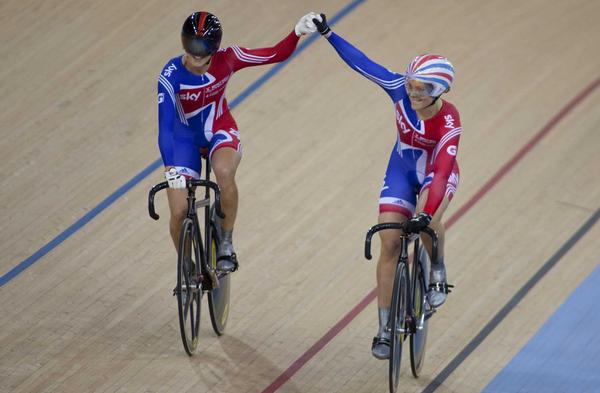

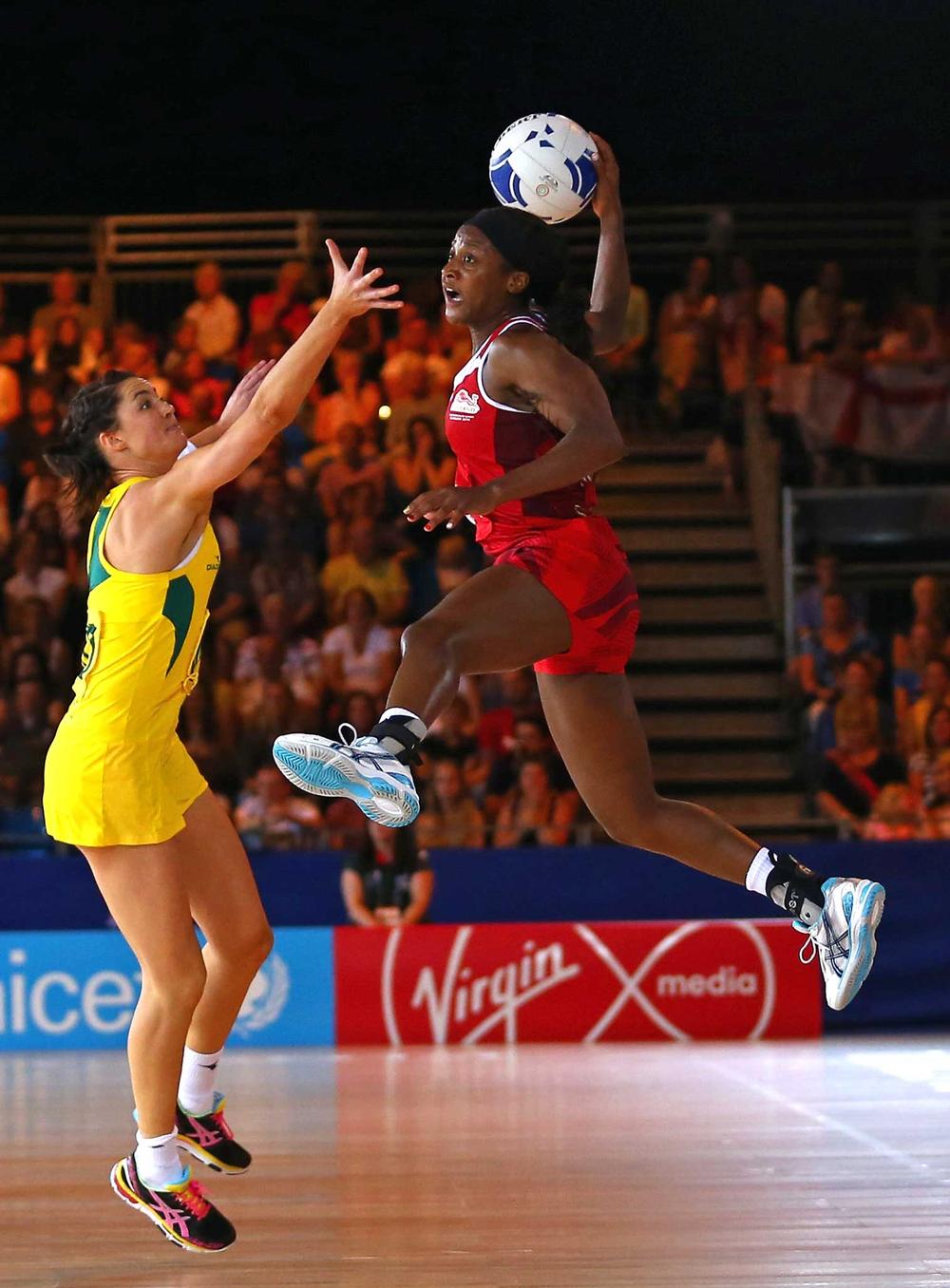
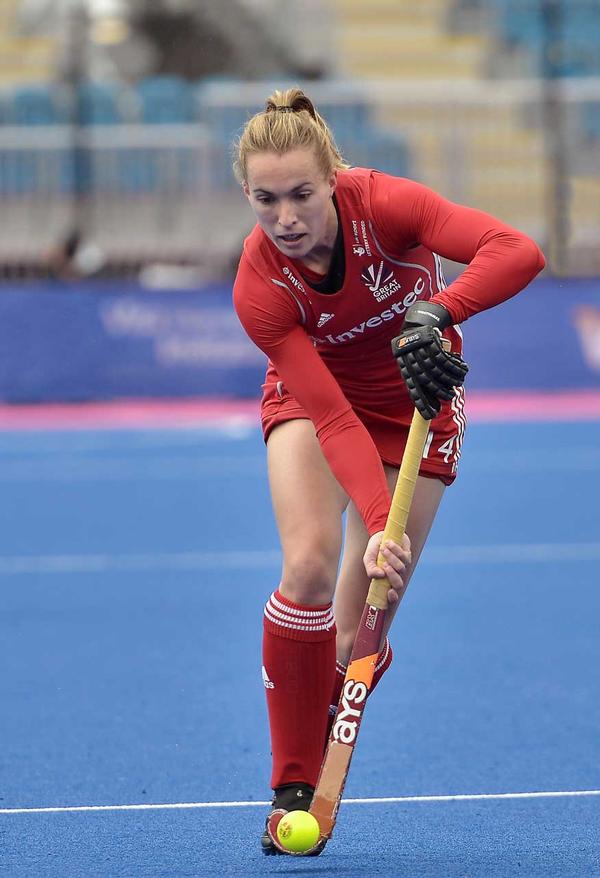

Recreation Assistant (Dry Site)
Party Leader
Cleaning Assistant
Duty Manager
Duty Manager
Team Leader (Harrow School Fitness Club)
Centre Manager (Leisure)
Director of Operations
Fitness Motivator
Recreation Assistant/Lifeguard (NPLQ required)
Membership Manager
Recreation Assistant
Swim Teacher
Swim Teacher
Chief Executive Officer, Mount Batten Centre
Swimming Teacher
Swimming Teacher
Company profile
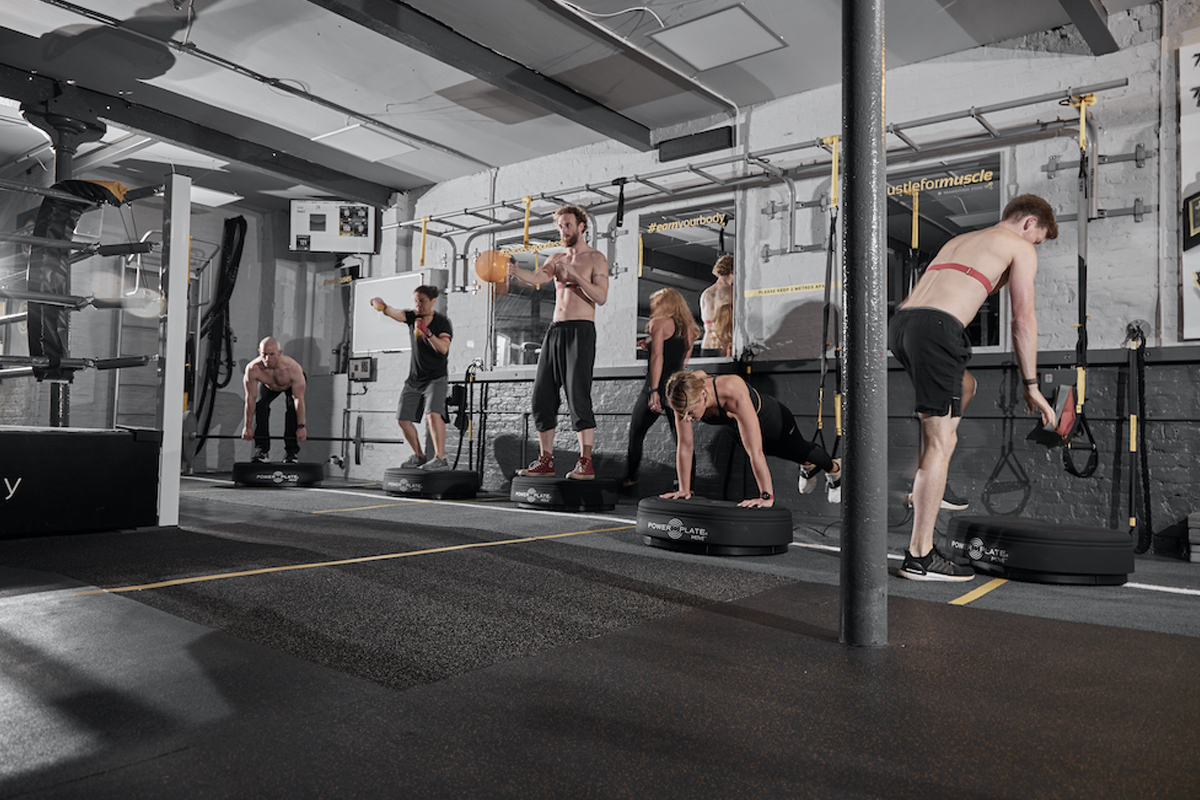
Featured Supplier

Property & Tenders
Company: Knight Frank
Company: Belvoir Castle
Company: AVISON YOUNG
Company: London Borough of Bexley
Company: Forestry England














